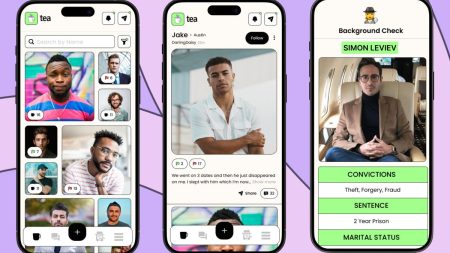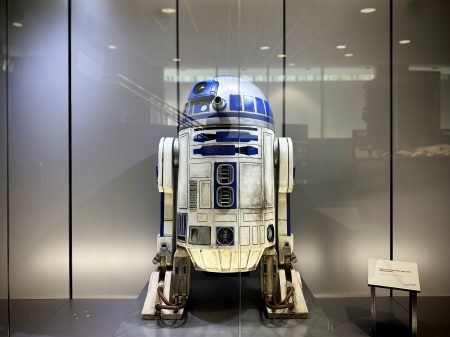Seattle startup Amperity is undergoing a significant workforce reduction, with 13% of its employees being laid off. The company, which previously laid off staff in January and last year, is restructuring its operational and corporate functions while focusing on its go-to-market strategy. This decision is part of an effort to prioritize investments in delivering on its vision, according to interim CEO Chris Jones. Amperity had approximately 400 employees at the beginning of the year, and the latest cuts were attributed to broader industry challenges affecting the enterprise software sector.
The tech industry has been hit hard by layoffs in recent years, with over 260,000 employees being laid off in 2022 and more than 136,000 facing job cuts so far this year. Venture capital funding has decreased, causing companies to tighten their budgets and adjust to economic pressures. Jones acknowledged that these challenges are not unique to Amperity, with both software vendors and their customers experiencing similar difficulties in navigating current market conditions. The company’s decision to downsize its workforce is in response to these industry-wide challenges.
Amperity, founded in 2016, offers software that enables companies to optimize their targeted marketing campaigns by integrating data from various sources such as emails, purchase history, mobile app usage, website traffic, and physical store visits. The startup achieved “unicorn” status in July 2021 when it reached a valuation of $1 billion after raising $100 million in funding. Despite its success in reaching unicorn status, Amperity has faced leadership changes, with Jones taking over as interim CEO from former CEO Barry Padgett earlier this year.
Padgett assumed the role of CEO in 2022 following the sudden departure of co-founder Kabir Shahani, who left for personal reasons and resigned from the company’s board. Amperity also recently brought on Chris Polishuk as its chief revenue officer, signaling a shift in its leadership team. The layoffs at Amperity, although part of a broader trend in the tech industry, reflect the company’s efforts to adapt to changing market conditions and realign its resources with its strategic goals. As the enterprise software market continues to face economic challenges, companies like Amperity are forced to make tough decisions to remain competitive and sustainable.











